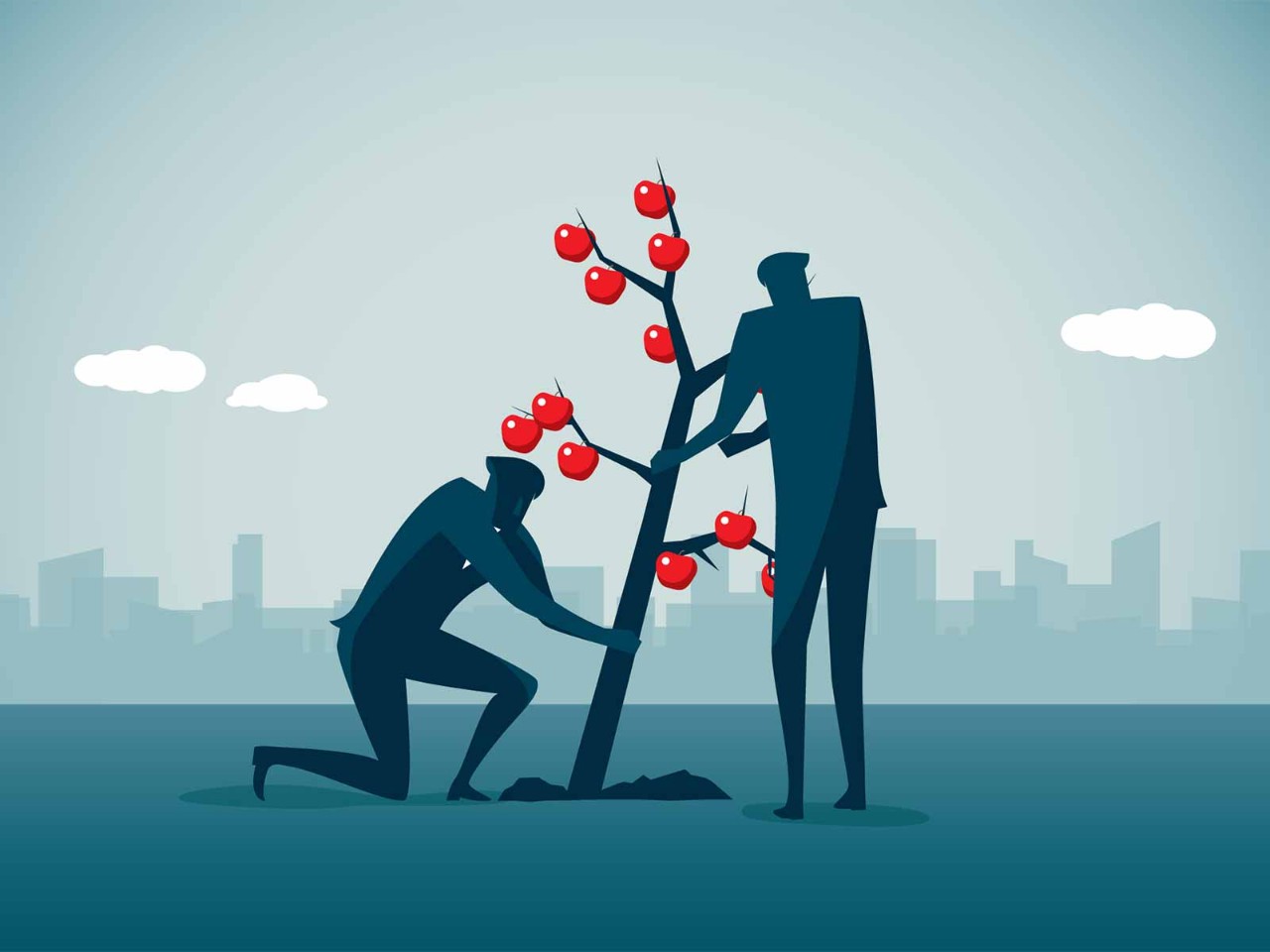
When you climb the grand opening staircase of the Art Institute of Chicago, the first thing you notice is that you are rooted among museum artefacts from real life.
This is before you have stood in front of Caillebotte’s huge canvas of wealthy young bankers on a rainy weekend in Paris in 1877. Or the sequence of Monet paintings depicting numerous haystacks, or the landscapes of the river Thames and the Palace of Westminster, lurking behind varying degrees of fog. Or Georges Seurat’s huge canvas of La Grande Jatte, which Stephen Sondheim eventually turned into the musical ‘Sunday in the Park with George’.
Before you gaze at these wonders you have to walk past the fragments of stone, iron and glass on which the riches were founded that made the amassing of such art possible. There is, for example, a ‘bank teller’s wicket’, an ornate opening of copper-plated cast iron through which money would be passed between customers and staff, from the National Farmers’ Bank in Owatonna, Minnesota, dating from 1906.

The need for networks of relationships, knowledge and history is thought to be more or less over
Or, larger and more intricate, you can contemplate an entire bank of elevator grilles, from the lifts that took people up and down within the mighty building of the Chicago Stock Exchange of 1894. The grilles, the sort of solid features you might expect in a stock exchange, are made of ‘wrought iron, cast iron, copper-plated bronze and copper-plated cast iron’.
And there is a connection too. All of these architectural details, from Minnesota to Chicago, glorifying the essence of finance, are the work of one man. Louis Sullivan, along with his fellow architect Dankmar Adler, was responsible for the entire Chicago Stock Exchange building.
From the ruins
Needless to say, much as happened in London in the 1960s and 1970s, these old buildings were torn down and demolished. Yet if you walk through the Art Institute of Chicago to the far corner of the building, you discover that, again much as happened in London, young architectural activists saved details and materials from the ruins, and retrieved and restored the mightiest part of the interior of the stock exchange.
The entire trading floor, which used to occupy the third storey of the stock exchange building, has been laid out again in all of its grandeur. You stand there, gazing around at the ornate walls and ceilings, at the clock, the desk and the gavel that regulated proceedings, and at the boards where stock market prices were chalked up. But now you stand and gaze at an empty, unpeopled space – there’s enough room for a five-a-side football match – and you can feel its history pressing upon your shoulders.
The trading floor was once packed with a seething mass of humanity roaring with energy. All that is now gone
The trading floor was once packed to the gunnels with a seething mass of humanity roaring with energy, expertise and a sense of adventure. All that is now gone, and not just because of Covid. The need for networks of relationships, knowledge and history is thought to be more or less over. Technology, it is said, has taken away the need for direct human contact.
Lost energy
And, looking at that great room, now just an architectural exhibit, you realise that technology has also taken away the need for noise and, indeed, the energy it represented. No one is quite sure what has replaced it.
Research shows that after long years of commuting and perceived stress employees are doing more sleeping, exercising and following leisure pursuits. The technology behind finance enables a screen-based and solitary life.
The need for the crackle of energy, the sort that brings new endeavours and new ideas, remains
It will be argued that a more considered and perhaps more thoughtful approach to the decision-making of the day brings better rewards. The game of rugby may have been replaced by that of chess. But the need for the crackle of energy, the light bulb coming on above the pulsating brain, the sort that brings new endeavours and new ideas, remains.
It is just not obvious where it will flourish in the post-commuting, post-office life. But flourish it will, even if the trading floor stays silent.


